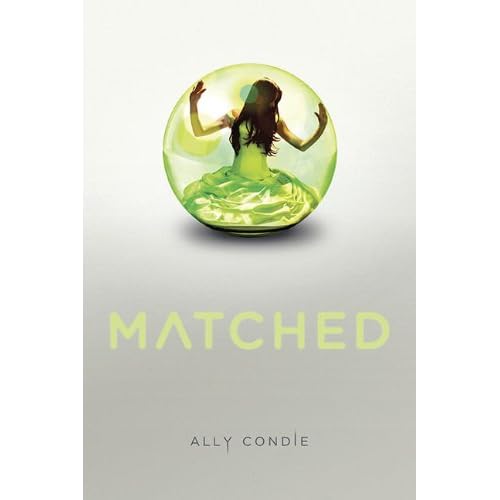There’s quite angry (and occasionally bewildered) buzz afoot in the publishing realm due to one James Frey. For those of you asking “Who’s James Frey?” He gained notoriety a few years back because of his memoir, parts of which were fiction, and over which he got into a big kerfuffle with Oprah and the publishing industry at large. The feud created enough noise to generate a South Park parody.
Frey has, however, has cannon-balled back into the writing world with his new book packaging scheme Full Fathom Five. The first book created by this machine is I Am Number Four, a YA book that will soon be a film.
Today’s articles, however, are less about the book and film and more about the model Frey has created as a vehicle for his book/film/merchandise factory. He’s recruiting young authors to write for him under a profit sharing model. The writers sign on for a $250 payment and then receive 30 – 40 % of the overall profits (if there are profits).
At this point I start to squirm, there’s a lot to rant about but I don’t really want to go there. You can read the articles in the Wall Street Journal and New York and make your own judgments about Mr. Frey’s attitude and motivations. What I do want to say is this:
One of the most amazing things I’ve experienced as an author is meeting aspiring writers. Young, talented, creative people are so wonderful and full of enthusiasm. I am always honored to meet aspiring authors and to hear about their unique journeys.
The dream of being an author leads to a tough road full of waiting, rejection, and dejection. The part of Full Fathom Five that rankles me the most is that this publishing model targets hopeful young writers at their most vulnerable. Before you’re published that goal is the most elusive, shining thing in the world. And most writers would consider selling their souls to reach that goal. It’s hard to keep a reasonable perspective in that scenario. What Mr. Frey is doing is akin to offering moldy bread to a starving person. M.F.A. students want more than anything to be published, know that the scales are tipped against them, and they are likely drowning in debt. As one writer said, “It’s a crappy deal but it’s a great opportunity.”
I wonder if it is (an opportunity, that is, because the contract terms are heinous). The hard climb from unpublished to published with awesome agent author is so difficult because it takes time to find the right place for yourself as an author – both in the case of finding the best agent to represent you and the best house to publish your work. I am grateful each and every day that I have incredible agents at InkWell working for me and I know that they care about my well-being as an author and as a human being. They are concerned about my craft and my development as a writer, not just how commercial a book I can produce. My publisher, Penguin, treats me with respect and are equally invested in my journey as an author. You can’t put a price on those relationships; they are simply invaluable.
The book packaging model that Frey is touting as radical (I’m sorry, but since when is Fordism radical?) makes sense for someone who wants to become a juggernaut in publishing which is subject to the free market. That’s fair enough. Mr. Frey wants to build an empire - that's literally his business.
What I want to say to young and aspiring writers (of all ages) is know your worth. I will honestly admit there was a time when an offer like Mr. Frey’s would have seemed like a good bet to me because I was so hungry to be published. Now I know better, don’t let your talent be exploited. Find agents and publishers who are invested in you and who don’t just sell your ideas, but instead support your dreams.







